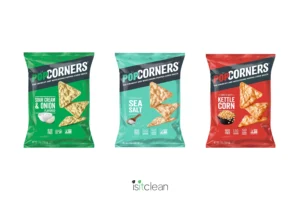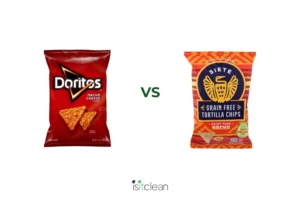
Acesulfame potassium is a zero-calorie sweetener that is added to many sugar-free…



Maltitol is a sugar alcohol naturally occurring in fruits and vegetables and commercially used as a sugar substitute. It is made from maltose, a type of sugar that is derived from corn, wheat, or potato starch. The process of making maltitol involves treating maltose with hydrogen gas in the presence of a catalyst, which converts it into maltitol. The resulting product is then purified, dried, and crystallized. Maltitol is frequently used in the food industry as a sweetener and bulking agent, as it has a similar sweetness profile to sugar and can be used in a variety of applications, yet has half as many calories.

Maltitol appears to be safe to consume in normal amounts in various human and animal studies and may have a beneficial effect on glycemic response and oral health. Maltitol may have a laxative effect and may cause digestive discomfort in some individuals if consumed in excess. Commercial maltitol is a fairly processed sweetener and it may be derived from GMO corn.
Health is like a bank account, certain ingredients make a deposit into your health bank, meaning they add to
your health. Certain ingredients withdraw from your health bank. We want health promoting ingredients in our diet. To keep things simple, we rate ingredients on a green, yellow, red scale:

It is naturally occurring in food and has no harmful effects on the body. It is real food. It is health promoting.

It goes into one or more of the below categories

It is known to have a harmful effect on the body (ex. All food colorings, Natural Flavors, MSG, Potassium bromate, aspartame, artificial flavors)



The Food Showdown: Popcorners flavors
Ingredient Rating: Canola oil – is it bad for you?
Clean Consuming: Nourishment for your

We have accomplished so much in just 1 year since our launch in March of 2023! We now have 10,000

The Nacho Chip Food Showdown, is Tapioca Starch safe in food? and a must-see documentary on America’s food system.
Stay in the know with the latest ratings, articles, and our newsletter, The Dirt.